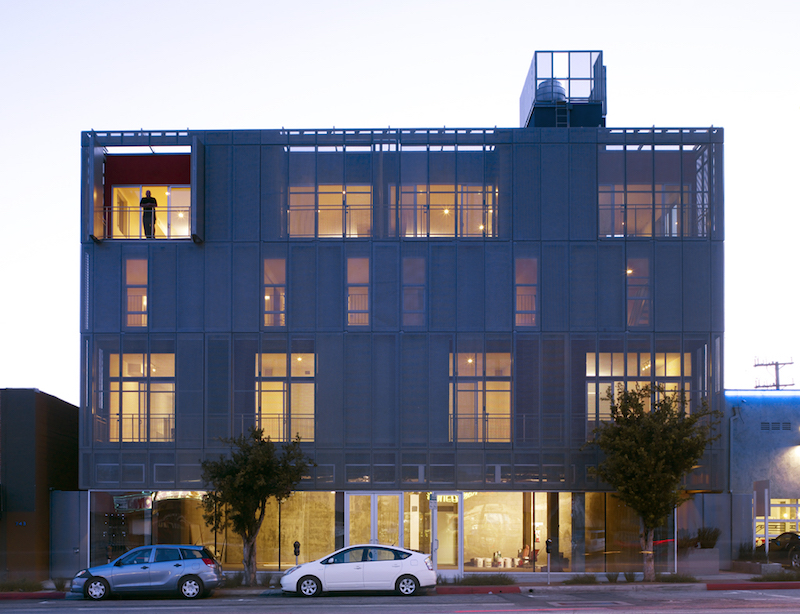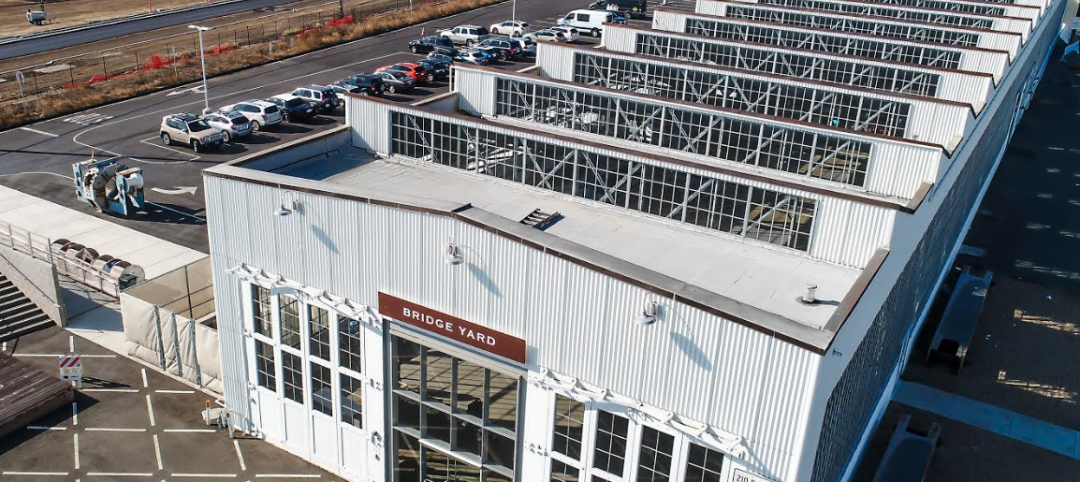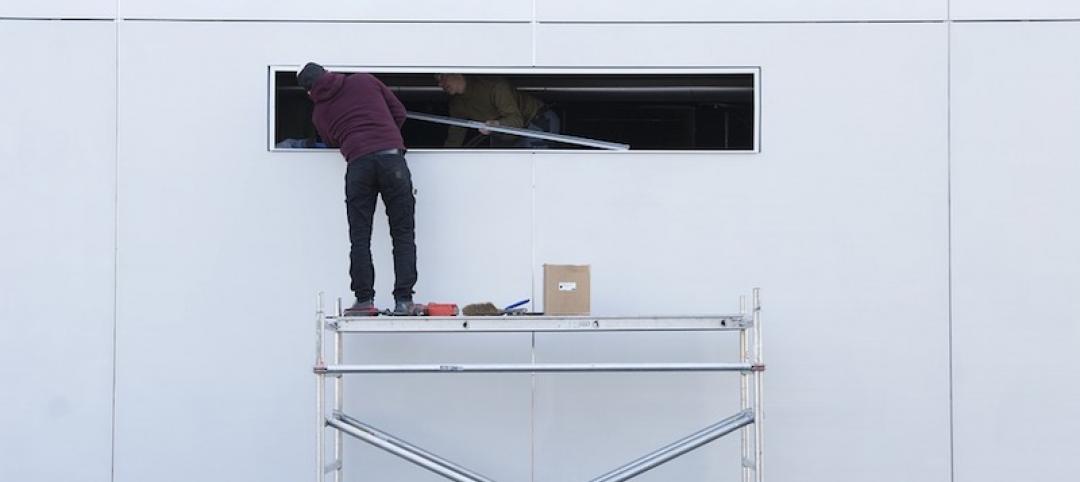The Passive House standard will become the base building code for commercial construction, and is having influence in the residential arena, according to some industry observers.
Critics have questioned whether Passive House makes sense on certain commercial and institutional applications such as multi-family and college housing. If occupants are not committed to saving energy, they argue, the benefits of the standard could be negated. If residents leave lights on and windows open, for example, the premium to build to the standard would not pay off.
Nevertheless, proponents say building with continuity in the thermal barrier makes a building more likely to prove its value in the long run. Furthermore, up to 30% of greenhouse gas emissions could be eliminated is Passive House standards are implemented widely.
One advocate said there is an average premium of about 5% in construction costs—a figure that is likely to decline. In a possible sign of things to come, Massachusetts has already included PHIUS+2015 standards as an alternative compliance path to prescriptive requirements in the 2015 International Energy Conservation Code. Other states are expected to follow suit.
Related Stories
Codes and Standards | Jan 2, 2019
Study compares labor hours for various low-slope roofing options
Type of roof covering, project parameters, tool management, and crew efficiency all impact profitability.
Codes and Standards | Dec 20, 2018
New York’s ‘Scaffold Law’ under fire for driving up project costs
Lawmakers under pressure to reform law that makes contractors 100% liable for work-site injuries.
Codes and Standards | Dec 19, 2018
Guidance for water utilities on indoor recycled water use released
Provides recommended ranges on 13 different parameters of water quality.
Codes and Standards | Dec 18, 2018
Development in Africa, Asia, and uptake in air conditioning will require more efficient buildings
Dramatic action will be needed for global building sector to cut carbon in line with international agreements.
Codes and Standards | Dec 14, 2018
Emissions for buildings and construction have peaked, UN says
Greener buildings have led to leveling off of GHGs.
Codes and Standards | Dec 13, 2018
Urban flooding causing economic loss, social disruption, and housing inequality
Extensive suburban development, aging and poorly maintained infrastructure, and more intense rainfall mean more flooding.
Codes and Standards | Dec 12, 2018
California’s transportation problems could prevent state from reaching carbon reduction goals
Governor’s carbon neutral-by-2045 ambitions at odds with car culture.
Codes and Standards | Dec 11, 2018
Strict seismic building codes credited with minimizing damage in Alaskan earthquake
Magnitude 7.0 temblor cracked roads and collapsed road ramps, but buildings held up well.
Codes and Standards | Dec 7, 2018
Florida tops ABC’s 2018 Merit Shop Scorecard rankings
Michigan rose fastest after passing prevailing wage law.
Codes and Standards | Dec 6, 2018
North American steel yields lower GHG emissions than Chinese steel
North American construction steel saves about half of GHG emissions on building project.

















